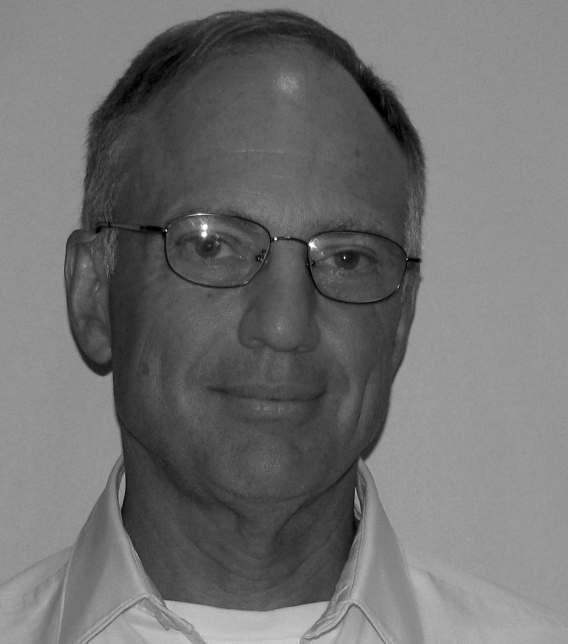By: Abigail Nelson, Community Editor
USM adjunct professor Christopher Beam has always been interested in history. After returning from the Marine Core, he graduated from the University of Illinois at Urbana-Champaign with a Ph.D. focusing on early 19th century American history. It was as a graduate student, however, that Beam had closely followed current events like the Vietnam war and the Watergate scandal.
“The Watergate scandal, and Vietnam, to me, is an interesting story,” said Beam.
He recalled one of the most controversial moments in the Watergate scandal, the firing of special prosecutor Archibald Cox under the orders of then President Richard Nixon. “It’s one of those incidents where I remember where I was,” Beam said. A few years later Beam found himself front and center in the action with a job working at the National Archives in Washington D.C.
It is here that he was assigned to the staff to process the Nixon tapes. They were then split up and given certain time frames to prevent overlapping or skipping certain times. For the next four and a half years Beam listened to around 1,500 hours of the 3,700 hours of tapes that were ultimately the reason for Nixon’s resignation. His job was to make a subjective outline of the conversations and earmark certain portions that needed to be restricted for reasons like national security or personal privacy.
The job came with several difficulties. The audio of the tapes was extremely poor due to the low-quality recorders used. They were also recorded at low speed and on thin tape which added to the poorness in quality. This often caused the speech to be mumbled or inaudible and made it hard to understand who was talking and when.
On occasion, the staff would get a court order to transcribe certain conversations. One of these occasions happened to be the first project Beam was involved in, and what piqued his interest with the Nixon Tapes. “I had the unique opportunity to get behind the scenes, in some respects,” said Beam.
The court ordered the transcription of conversations from mid-April to mid-May of 1971 that involved recent anti-war demonstrations. These demonstrations led to 12,614 people being arrested over the span of a few days. It was the largest mass arrest in U.S. history. The people arrested then sued under the claim that it was a restriction on their First Amendment right. One of the groups was called Vietnam Veterans Against the War, a group that Beam identified with as a Vietnam Marines Veteran himself.
In addition to that connection, Beam received a first-rate political education. “From somebody, a real master politician sitting in the cockpit of the American political system,” he said in reference to Nixon. His work with the tapes ultimately shifted the focus of his historical interest to modern political history from early 19th-century history and allowed him to look back on the events he followed closely in graduate school, Watergate and the Vietnam War, with a historical perspective. This new lens gave him a deeper understanding of what was going on.
This unique and personal understanding is what Beam brings to the classroom. Since 1989, Beam has taught several different adjunct and online courses on Watergate and the Nixon presidency, the Vietnam War, the Afghanistan conflict, and other phases of US and Western European history. He hopes to educate his students with an overview of these events that will maybe then spark interest in past and similar currents events.

